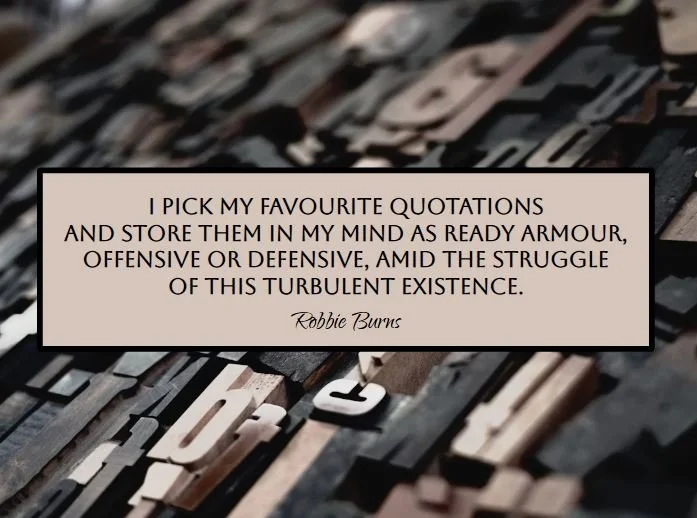Hope: Whispers of Wisdom
There are moments when a single sentence can awaken something long sleeping within us—a memory, a question, a yearning. In the delicate architecture of quotes and short reflections, we often find not just the voices of others, but echoes of our own searching. These facets of wisdom—drawn from poets, prophets, philosophers, and ordinary lives well-lived—serve as gentle lanterns along the uncertain corridors of our journey.
Within them, we encounter more than inspiration; we find possibility. This is where hope begins—not as a vague optimism or passive longing, but as a lived orientation toward the future. Through the lens of pathway thinking, hope becomes a practice: identifying where we long to go, discerning the ways that might take us there, and believing—again and again—that we have the strength to walk those ways.
This Sunday, Scott invites us to listen deeply, to hold each passage not as an answer, but as a companion. Let these voices be guideposts that lead us, gently and insistently, with a hope that builds, and with wisdom that illuminates
Watch the gathering here
Readings - Offered as wisdom for the journey
The first reading is by Jonathan Haidt, a contemporary social psychologist, professor, and author of The Happiness Hypothesis: Finding Modern Truth in Ancient Wisdom and the more familiar work, The Righteous Mind: Why Good People are Divided by Politics and Religion. This is a passage from the Happiness Hypothesis:
“Words of wisdom may wash over us every day, but they can do little for us unless we savor them, engage with them, question them, improve them, and connect them to our lives.”
The next reading is from Johann Wolfgang von Goethe, a lawyer, poet, dramatist, folk song lyricist, literary critic, historian, scientist, biological researcher, and social reformer who lived from 1749 to 1832. His most famous work is the play Faust.
“All truly wise thoughts have already been thought thousands of times; but to make them truly ours, we must think them over again honestly, till they take root in our personal experience.”
The final reading is from Felix Adler, a Jewish German American professor, religious and social reformer, who lived from 1851-1933.
As a young student, he proposed a universal religion of morality and while teaching at Cornell University, he encouraged his students to challenge traditional ideas. At Columbia University, he chaired political and social ethics for over 30 years.
He proposed the creation of a religion without ritual, creed, or theology, and committed to social activism. He co-founded the Ethical Culture Society, still active today, based on “deed, not creed”. He wrote An Ethical Philosophy of Life, and Our Part in this World
He also supported civil liberties, tenement reform, disease prevention, and arms reduction; and promoted non-imperialistic foreign policy, and more just and cooperative social and governmental institutions. He founded a District Nursing Department, a National Child Labor Committee, and a Free Kindergarten.
“The past speaks to us in a thousand voices, warning and comforting, animating and stirring to action. What its great thinkers have thought and written on the deepest problems of life, shall we not hear and enjoy? The future calls upon us to prepare its way. Dare we fail to answer its solemn summons?”

